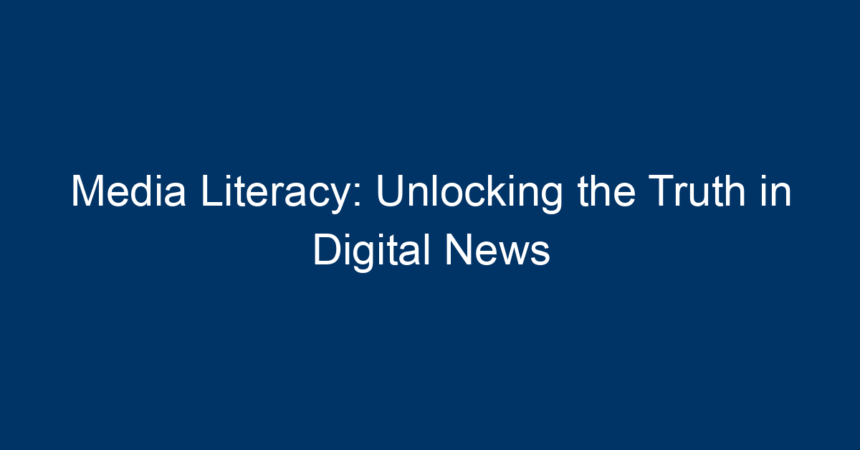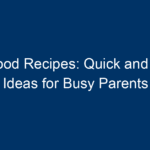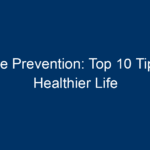In an age where information is at our fingertips, distinguishing fact from fiction can feel overwhelming. With a simple swipe or click, we encounter an ocean of news articles, social media posts, and videos. Often, these sources blur the lines between journalism and misinformation. This is where media literacy becomes crucial. By developing skills in media literacy, we empower ourselves to navigate the digital landscape effectively, identify credible sources, and engage with information critically. In this article, we delve into the importance of media literacy, its components, and practical strategies to enhance our understanding of digital news.
Understanding Media Literacy
Defining Media Literacy
Media literacy is the ability to access, analyze, evaluate, and create media in various forms. It goes beyond merely consuming content; it involves critical thinking skills that allow individuals to understand media’s role in society. In essence, media literacy equips people to engage with media thoughtfully and responsibly, fostering a more informed public.
The Importance of Media Literacy in Today’s World
Today, we are bombarded with a constant flow of information. Social media platforms, news websites, and blogs contribute to a cacophony of voices, not all of which adhere to journalistic standards. Here are some reasons why media literacy is imperative:
-
Combatting Misinformation: In a digital environment rife with falsehoods, media literacy helps individuals discern credible information from misleading content.
-
Enhanced Critical Thinking: Media literacy encourages individuals to question sources, analyze motives, and evaluate the credibility of information presented.
- Empowerment: Being media literate increases confidence in consuming and creating media content, allowing individuals to participate meaningfully in society.
The Components of Media Literacy
Accessing Information
The first step in media literacy is knowing how to access diverse sources of information. This includes understanding search engines, databases, libraries, and social media platforms. Finding trustworthy news outlets is essential for developing an informed opinion.
Analyzing Content
Analyzing content demands a critical eye. Here are key aspects to consider:
-
Source Evaluation: Look for established and reputable sources. Investigate the author’s credentials and the publication’s reputation.
-
Purpose and Bias: Assess the intent behind the content. Is it to inform, persuade, or entertain? Understanding bias is fundamental in today’s media landscape.
- Fact-Checking: Utilize fact-checking websites such as Snopes, FactCheck.org, and PolitiFact to verify claims before sharing or accepting information as true.
Evaluating Media
Evaluation involves determining the quality and reliability of media messages. Consider the following factors:
-
Date of Publication: Ensure the information is current, especially on rapidly evolving topics.
-
Citations and References: Reliable articles should cite reputable studies or expert opinions.
- Visual and Emotional Manipulation: Be mindful of imagery that may evoke emotional responses but might not accurately represent the information.
Creating Media
In our digital age, consumers of media are also often creators. Media literacy encourages individuals to produce content responsibly:
-
Ethics in Media Creation: Understand the ethical implications of your content. Avoid plagiarism and ensure that your information is accurate.
- Engagement and Interaction: Encourage meaningful dialogues through responsible commenting and sharing practices.
Strategies to Improve Media Literacy
Educational Initiatives
Schools and educational institutions play a pivotal role in fostering media literacy. Here are some strategies to implement:
-
Curriculum Integration: Include media literacy education across subjects, from history to science and beyond, to promote critical thinking skills.
- Workshops and Seminars: Organize sessions for students, parents, and community members, focusing on evaluating sources and understanding biases.
Online Resources
Numerous online resources are available to enhance media literacy:
-
Interactive Websites: Platforms like News Literacy Project offer tools and lessons for evaluating news sources critically.
- Podcasts and Videos: Educational podcasts and videos can provide insights into the nuances of media consumption.
Cultivating Healthy Media Habits
Developing efficient media consumption habits can significantly enhance media literacy:
-
Diversify Information Sources: Seek out various perspectives by accessing news from multiple outlets and formats—local, national, and international.
-
Limit Screentime: Set boundaries around media consumption. Taking breaks from screens helps reduce information overload.
- Engage in Discussions: Regularly discuss news articles or media with peers or family members to understand different viewpoints and sharpen analytical skills.
The Role of Technology
Algorithms and Media Literacy
As algorithms shape the information we see, understanding their role is crucial for media literacy. Social media platforms tailor content based on user behavior, often leading to echo chambers. Recognizing this can help users seek diverse views intentionally.
Fact-Checking Tools
In a world flooded with misinformation, fact-checking tools are more vital than ever. Some user-friendly tools include:
-
Google Fact Check Explorer: Allows users to verify claims and find trusted sources.
- Browser Extensions: Tools like NewsGuard can analyze the credibility of websites as you browse.
Community Engagement
Community initiatives can further enhance media literacy:
-
Local Workshops: Libraries or community centers can host media literacy workshops to guide residents on evaluating sources and understanding bias.
- Collaborative Projects: Encourage local schools, businesses, and nonprofit organizations to work together on community media campaigns that promote responsible consumption.
Conclusion: Actions to Enhance Media Literacy
Media literacy is not just a skill; it’s a necessity in our media-saturated world. By promoting access, analysis, evaluation, and creation of media, we cultivate a society of informed individuals capable of combating misinformation. Here are actionable insights to enhance your media literacy:
-
Educate Yourself: Engage with online courses or workshops that focus on media literacy.
-
Practice Critical Thinking: Be skeptical; always question the information before accepting it as truth.
-
Engage with Others: Facilitate discussions around current events to broaden your perspective and deepen your understanding.
- Utilize Resources: Leverage various online tools to verify information and learn about media literacy.
By embracing media literacy, we can unlock the truth in digital news, navigate the complexities of the modern information landscape, and contribute to a more informed society.




